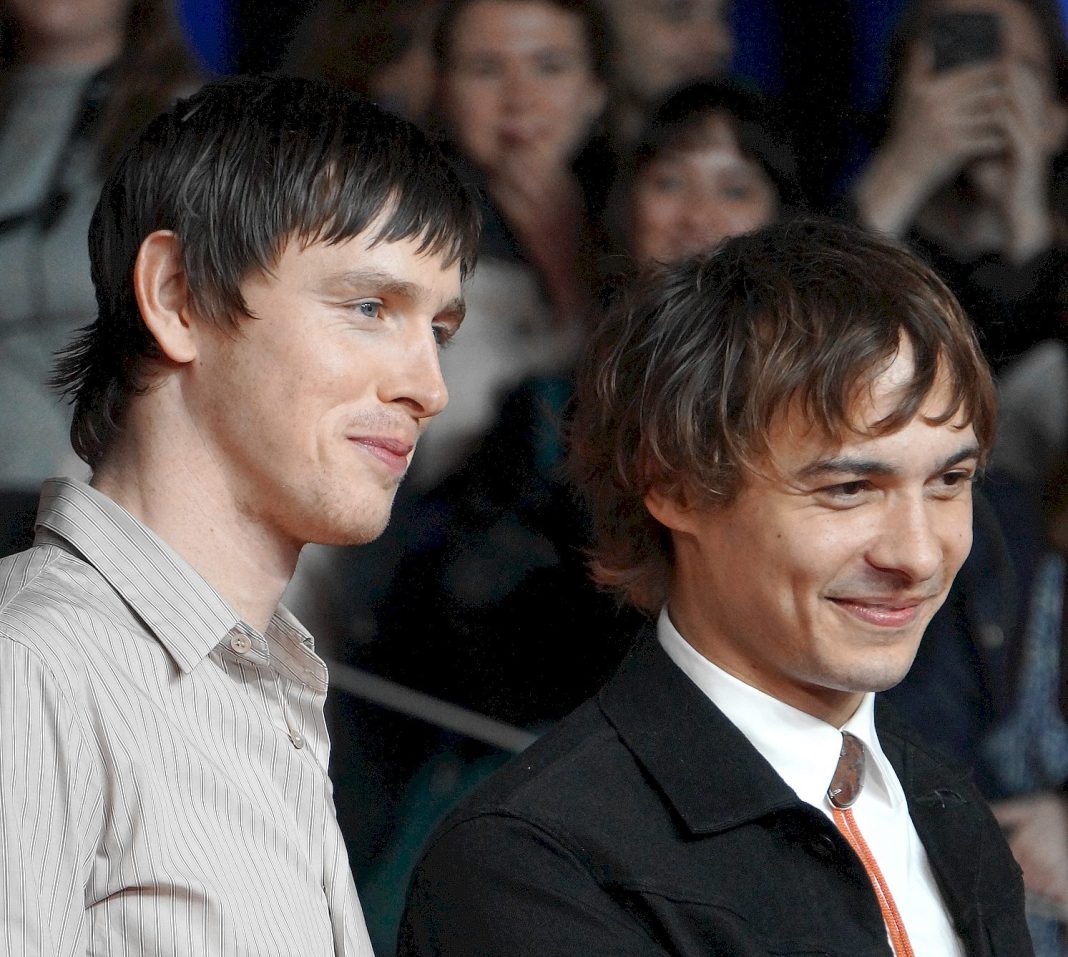There are few films which have the power to change how you interact day-to-day with the world. Urchin (2025) is one of them. Far from an easy watch, it seeks to capture the chaos and sheer emotional pain that comes with being homeless. It will make you stop and think the next time you interact with a homeless person, help you see the world through a more empathetic lens, and, critically, encourage you to take less for granted.
Only a deeply committed performance could enable such a film to succeed, and debut writer-director Harris Dickinson finds one in Frank Dillane. Dickinson, having made a name for himself as an actor with Beach Rats (2017) and Babygirl (2024), shows he is just as adept behind the camera as in front of it. His sharp direction combined with Dillane’s emotional intelligence as a performer brings out the complexities and contradictions of Mike’s (Dillane) story.
Mike is a homeless man whose life goes from bad to worse after he is arrested for assault. Refusing to simplify the complex issues linked to homelessness, Dickinson’s script sees Mike attempting to rebuild his life after his release from prison. The arc Mike’s life follows from there makes clear the barriers, both practical and emotional, which confront someone trying to step back from the edge. Mike faces difficulties trying to stay sober, find a job, and navigate love, all amidst a backdrop of systemic societal failings.
It is these systemic problems which the film could have done more to address head-on. Mike’s backstory is not fully developed; there’s only a passing reference to the fact he was adopted. Fleshing out his upbringing and his route to homelessness further could have made his character even richer, and linked back to some of the broader structural problems underpinning the homelessness crisis. The film’s exploration of Mike’s difficulties in getting housing after his stay in a hostel, where he is told he is likely to be “low priority”, is a strong start in this direction, but more emphasis on this theme could have made the film feel even more relevant.
One of Dickinson’s boldest choices as writer-director, moreover, is to incorporate a variety of surreal elements into the film. Some of these work better than others, and the film is perhaps strongest when it remains rooted in the harsh reality of Mike’s day-to-day experiences. Nevertheless, some elements of surrealism help to convey his deepening psychological distress, such as a bathroom scene where Dickinson’s choice of a blue-tinged palette references how Mike sees the world during withdrawal.
It is the moral ambiguity of Mike’s character, however, which makes him most relatable. Dickinson refuses to give him a purely redemptive character arc, instead opting to show both his strengths and weaknesses as a person. This is a man who assaulted someone trying to buy him food, and, when later given the chance to explain his actions to the victim, failed to do so.
The fact the film still manages to make the audience root for Mike is one of its biggest achievements. His deep vulnerabilities are at the emotional heart of the story, and the overall impression is one of enormous wasted potential. Dillane’s performance does wonders in conveying Mike’s mix of hope, rage, despair, and joy, and how he desperately wants to believe in a vision of himself “in the driver’s seat”, as one of the self-help tapes he is given describes it. Throughout all of this, however, he emerges as a fully-formed human being, not merely a victim worthy of sympathy, and it is this which is the film’s primary strength.
At the same time, Urchin forces the audience to stop and think about what living a good life really means. In a bitter argument with love interest Andrea (Megan Northam), Mike accuses her of throwing her life away by becoming a hippie, collecting rubbish for a living, and making grand plans to start a business which she knows deep down will never amount to much. Such existentialist themes are a favourite conversation topic for Andrea, another aspect of her life which Mike ridicules, even if his hypocrisy is shown by his own far-fetched plans to start a chauffeur company.
The film thus illustrates how quickly and brutally a person’s life can unravel, while nodding to deeper questions of what makes life worth living in the first place. Andrea tentatively suggests love, but the intensity of the argument which follows shortly after makes clear the pain, as well as fulfilment, which can come from committed relationships. Mike himself explains earlier in the film that he had been avoiding dating for over two years, perhaps referencing some prior trauma which the film, frustratingly, leaves unaddressed.
Overall, this is a very strong debut from Dickinson. Strong casting, crisp writing, and an eye for the small tragedies of life mark out what must surely be a significant directorial career to come. Even his own supporting performance in the film is worthy of praise. Just as he prepares to play John Lennon in Sam Mendes’ upcoming films about The Beatles, it is clear that Dickinson’s skill at writing and directing will ensure his relevance in the film industry won’t abate any time soon. The fact this debut is so socially-conscious and thought-provoking makes this achievement all the more impressive.


